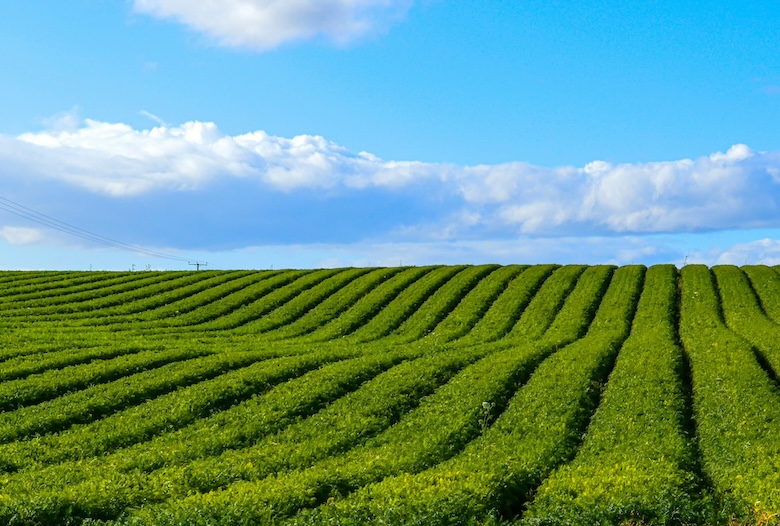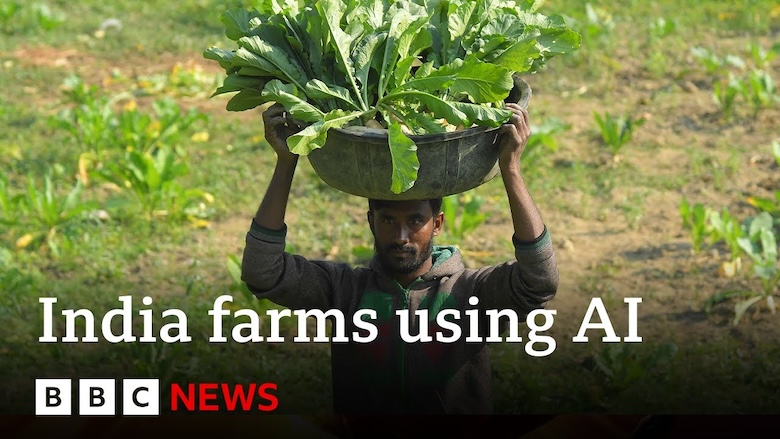
The applciation of Artificial Intelligence (AI) in the agricultural sector is on the rise, aimed at enhancing efficiency, minimizing waste, and tackling contemporary challenges. The industry is witnessing a transformation through AI’s diverse applications such as precision farming, smart chemical spraying, predictive analysis, and self-sufficient farming. AI mechanisms aid in identifying plant diseases, pests, and malnutrition which results in an improved quality of harvest and decreased use of chemicals. Moreover, AI facilitates predictive analytics for superior decision-making processes like deciding the optimal time for seed sowing and predicting crop yields and prices. Additionally, tools powered by AI assist farmers in real-time crop monitoring, irrigation optimization, and pest detection which ultimately leads to increased productivity and lessened environmental impact. The trend of employing AI in agriculture is anticipated to persistently grow with a significant potential to contribute towards meeting the escalating food production demand and addressing modern agricultural challenges.
AI Applications in Farming
The agricultural industry is undergoing a transformation thanks to the advent of AI technology, which offers numerous applications aimed at boosting efficiency, productivity, and sustainability. Here are some notable examples of how AI is being utilized in farming:
Crop and Produce Supervision
Through computer vision technology, AI systems can assess crop health, identify diseases, and streamline resource distribution.
Livestock and Animal Management
Automated mechanisms that leverage AI and data annotation offer efficient ways to handle large animal populations.
Field Monitoring Crop protection and resource distribution are enhanced by detailed field maps captured by drones and sensor systems.
Sorting and Quality Assurance
Equipped with image annotation data, AI robots excel in distinguishing healthy produce from damaged ones, thereby minimizing food wastage.
Crop Yield Projections
Accurate forecasting of crop yields is vital for effective planning and resource management in farming.
Satellite Field and Soil Examination
Satellite inspections of fields and soil powered by AI boost productivity while lessening environmental impact.
Plant Health Identification
Early detection of plant diseases is possible through image analysis conducted by AI models, facilitating timely intervention.
Weather Forecasting and Anticipation
Real-time updates on weather changes affecting crops provided by AI enable farmers to make informed decisions.
These examples illustrate the transformative power of AI technologies such as computer vision, data annotation, and predictive analytics in modern farming practices. They optimize processes, enhance yields, and foster sustainable methods.


